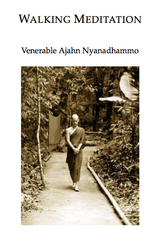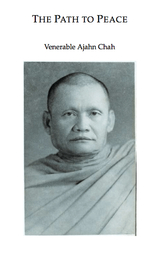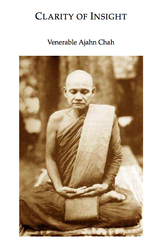A talk given to a group of lay meditators in Bangkok in April 1979
Meditate reciting “Buddho”, “Buddho” 1 until it penetrates deep into the heart of your consciousness (citta). The word “Buddho” represents the awareness and wisdom of the Buddha. In practice, you must depend on this word more than anything else. The awareness it brings will lead you to understand the truth about your own mind. It’s a true refuge, which means that there is both mindfulness and insight present.
Wild animals can have awareness of a sort. They have mindfulness as they stalk their prey and prepare to attack. Even the predator needs firm mindfulness to keep hold of the captured prey however defiantly it struggles to escape death. That is one kind of mindfulness. For this reason you must be able to distinguish between different kinds of mindfulness. The Buddha taught to meditate reciting “Buddho” as a way to apply the mind. When you consciously apply the mind to an object, it wakes up. The awareness wakes it up. Once this knowing has arisen through meditation, you can see the mind clearly. As long as the mind remains without the awareness of “Buddho” , even if there is ordinary worldly mindfulness present, it is as if unawakened and without insight. It will not lead you to what is truly beneficial.





